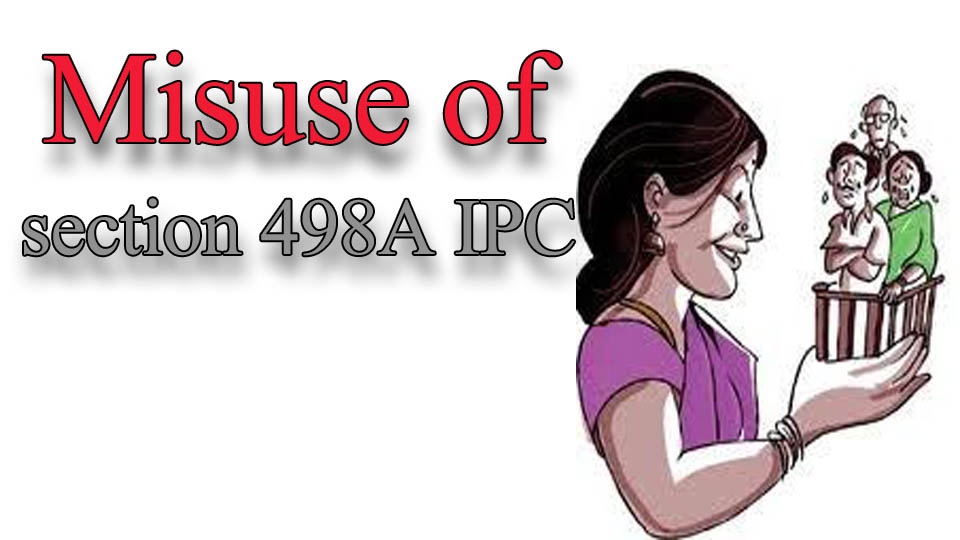“It hardly needs to be reiterated that law, religion and justice require an able bodied man to look after his dependent family,” the Court added.
The Karnataka High Court recently held that a husband being a diabetic patient cannot be a ground for him to shirk his responsibility of paying maintenance to his estranged wife [Ananth Kumar KG vs Yogitha Anant Kumar].
Justice Krishna S Dixit emphasized that a lot of people around the world suffer from such ailments and are able to manage the same, given the advancements in medical science.
It, therefore, dismissed a man’s challenge to an order of a family court directing him to pay ₹10,000 to his estranged wife as monthly maintenance.
“The contention that petitioner has been suffering from diabetes and related ailments does not merit countenance. A large section of people all over the world suffer from such ailments and with the advancement of medical science, all that is manageable. It is not the case of petitioner that the same are not manageable with proper medical care,” the Court said.
The man had challenged the family court order on the ground that he was incapable of making the periodical payments. He stated that his wife was gainfully employed and therefore, did not need maintenance despite having custody of their minor child.
Further, he argued that the amount was excessive and also underlined that he was suffering from diabetes.
The Court first noted that there was no dispute regarding the marriage between the parties and the legitimacy of their child. It further noted that the wife was not shown to have any means of livelihood.
In that context, the Court reiterated that law, religion, and justice require an able-bodied man to look after his dependent family and that the same was evident in legislation through Section 125 (concerning maintenance) of the Code of Criminal Procedure (CrPC), the Protection of Women from Domestic Violence Act and Section 24 (maintenance pendente lite and expenses of proceedings) of Hindu Marriage Act.
“It hardly needs to be reiterated that law, religion and justice require an able bodied man to look after his dependent family and that is how the Parliament has enacted several legislations namely Sec.125 of CrPC 1973, Protection of Women from Domestic Violence Act, 2005, Section 24 of the Hindu Marriage Act, 1955, etc,” the Court stated.
The Court further found that the man did not submit any plausible explanation as to why he had not made any maintenance payments so far.
Taking into account the high cost of living and the fact that the wife had to maintain herself and the growing child, the Court proceeded to rejected the contention that ₹10,000 was an excessive amount.
After rejecting the contention that the man was finding it difficult to pay maintenance as he suffered from diabetes, the Court dismissed his petition in limine.



